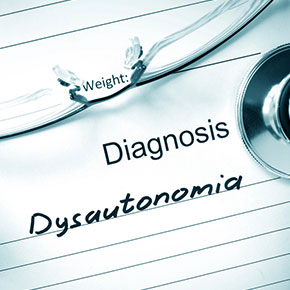Specialized Dysautonomia Treatment
Dysautonomia refers to a group of disorders that affect the autonomic nervous system (ANS). It controls involuntary functions like heart rate, blood pressure, digestion, and body temperature regulation. For those suffering from dysautonomia, everyday tasks can become a challenge.
With this in mind, Trimotion Therapy offers a holistic and personalized approach to help restore balance and improve the quality of life for patients with this condition.
Understanding Dysautonomia
Dysautonomia encompasses a variety of conditions. This can include Postural Orthostatic Tachycardia Syndrome (POTS), Neurocardiogenic Syncope (NCS), and other disorders that disrupt the normal functioning of the autonomic nervous system. Symptoms can vary widely but often include:
- Lightheadedness or dizziness when standing up or changing positions.
- Heart palpitations or a racing heart.
- Chronic fatigue and weakness.
- GI issues, such as nausea, bloating, or constipation.
- Temperature regulation problems, like excessive sweating or feeling too hot or too cold.
- Brain fog and difficulty
These symptoms can significantly impact a person’s ability to perform everyday activities and lead to frustration and confusion, especially since many traditional medical tests do not always provide clear answers.
Fortunately, dysautonomia can be managed effectively with the right combination of treatments.
How We Treat Dysautonomia
Trimotion Therapy’s approach to treatment combines physical therapy, education, and specialized techniques to help restore the function of the autonomic nervous system.
- Myofascial Release Therapy: Myofascial release plays a key role in treating dysautonomia by reducing tension in the fascia and improving the circulation of blood and lymphatic fluids. This therapy can help alleviate muscle tightness, improve posture, and promote better blood flow. It is necessary for people with dysautonomia who often struggle with circulation and blood pressure regulation.
- Movement Re-education: Our therapists work with you to improve your movement patterns and posture. We can help reduce strain on the autonomic nervous system by retraining the body to move more efficiently. We teach you how to engage in safe, restorative exercises that do not overwhelm your system.
- Neuromuscular Training: We incorporate neuromuscular techniques to help restore balance and coordination between your muscles and nervous system. These treatments focus on optimizing the body’s response to various physical demands. They can reduce symptoms like dizziness or fatigue associated with dysautonomia.
- Therapeutic Massage: A personalized massage therapy plan can help reduce muscle tension and improve circulation. It aids in reducing the chronic pain or discomfort often experienced by dysautonomia patients by working on the connective tissues and muscles.
- Deep Oscillation Therapy: This advanced therapy uses a low-energy, pulsed electrostatic field to stimulate the cells and tissues in the body. Deep oscillation therapy has been found to help reduce inflammation, alleviate swelling, and improve circulation. It’s a valuable tool for those managing dysautonomia.
Why Choose Trimotion Therapy?
As every patient’s experience with dysautonomia is unique, our team takes the time to listen to your symptoms, learn about your lifestyle, and create a treatment plan tailored specifically to you. We focus on your individual needs to help restore balance to your nervous system and improve your quality of life.
With over 20 years of experience in myofascial release therapy, neuromuscular training, and other advanced treatments, we also bring a wealth of knowledge to each treatment session.
Furthermore, our clinic is also designed to feel like a home, with a safe, comfortable space for you to heal. From our calming indoor treatments to our peaceful outdoor therapy area, we provide a healing environment where you can relax and focus on your recovery.
If you have any inquiries about Dysautonomia, feel free to contact us today.




